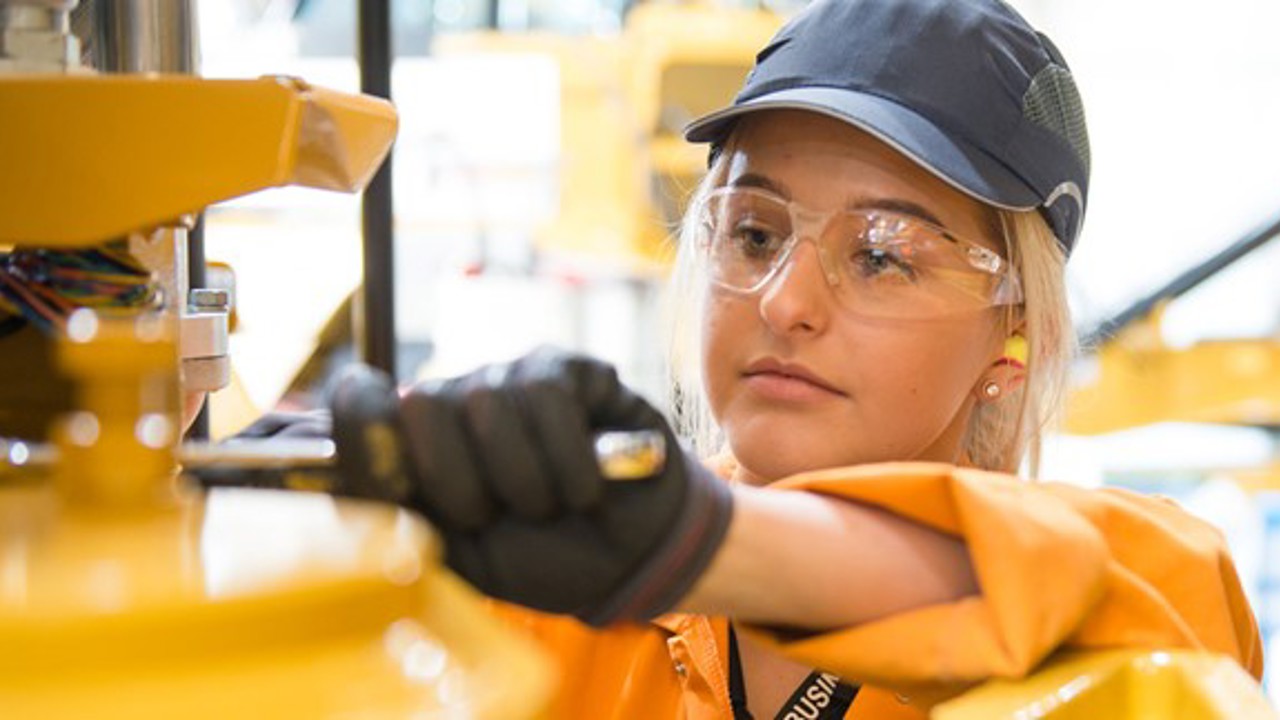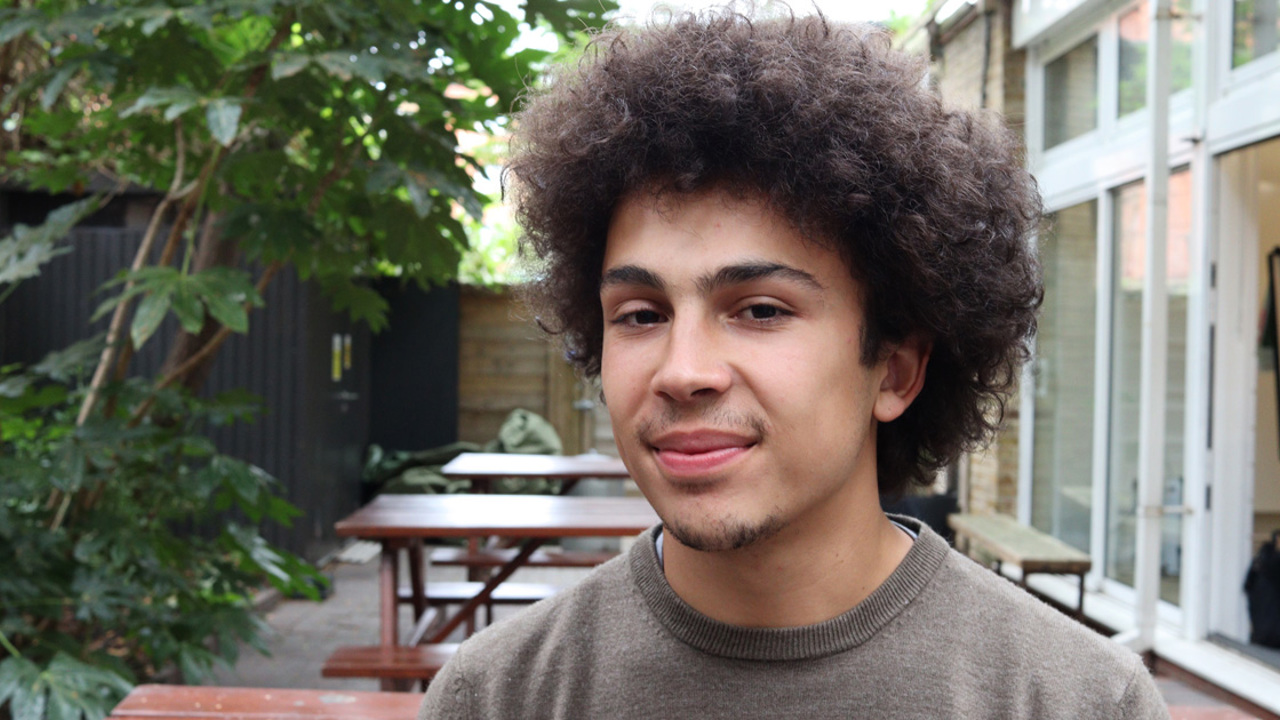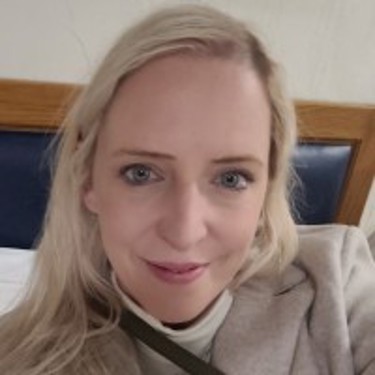
Gayle Salt
Director of Curriculum, Kendal College
Gayle is a curriculum leader in Further Education with more than 13 years experience. She leads cross-disciplinary teams to innovate curriculum frameworks that respond to evolving industry demands. Gayle's passionate about designing inclusive, future-focused programmes that embed sustainability and respond to industry needs.
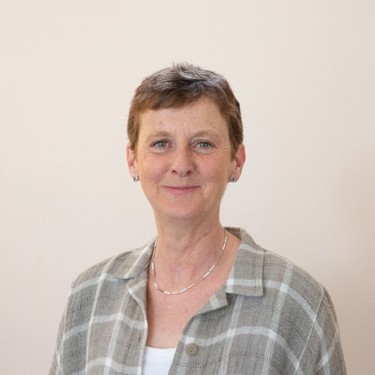
Kate Houlden
Managing Director, Like Technologies Ltd
Kate is an experienced Managing Director, directing multi-disciplinary teams across diverse geographical locations. Kate has a background leading major business transformation programmes that lead to operational efficiencies and new revenue streams. She drives outstanding service levels across diverse teams.
How the Electech Innovation Cluster (ETIC) supports businesses to use T Level students in the workplace
By Gayle Salt, Director of Curriculum, Kendal College and Kate Houlden, Managing Director, Like Technologies Ltd
There’s some great work taking place between Kendal College and Electech Innovation Cluster around T Levels. Gayle and Kate want to inspire other SMEs to use T Level students in their organisations.
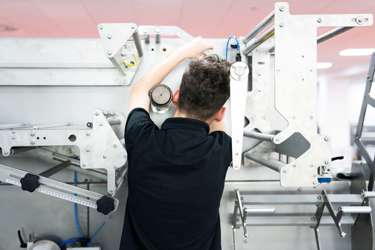
Kate, please tell us about the Electech Innovation Cluster. What is it?
The Electech Innovation Cluster (ETIC) is a group of SMEs within the Morecambe Bay, Lancaster and South Lakes region that specialise in electronics and associated electrical technology areas. The businesses have faced recruitment challenges due to a lack of engagement with local schools, colleges and universities.
In 2020, 6 businesses worked together to apply for funding to write and run an electronics bootcamp. This resulted in 43 new careers or promotions of bootcamp graduates. Following this, the cluster has grown to 37 SMEs focusing on cultivating talent, driving innovation, supporting growth whilst enhancing visibility and strengthening networks.
So how did Kendall College get involved?
Kate: They were invited to attend an ETIC event to see what businesses were in their area. This led to meetings with the College to discuss their engineering courses. This included T Levels, and how they met the needs of the SMEs in our area. ETIC was also asked to join the Green Future Skills Academy Board held at Kendall College.
Gayle: The Electech cluster’s involvement in the T Level qualifications has been exceptional. It has enabled the study programme to be industry aligned and expose learners to first hand industry insights – increasing learners’ knowledge and skills required for the sector. This work provided great career opportunities within the local area supporting learners to see the employment opportunities within Cumbria.
Kate has also been a pivotal member of our Green Future Skills Academy. This Academy is an industry advisory board supporting curriculum development and co-design. Kate supported work placements and enabled great collaboration between the cluster and the College to the benefit of the learners on programme.
Kendal College recently presented the collaboration to wider cluster members at their annual conference. The focus was on outcomes and future projects – introducing new ways to work together to meet the specific skill gaps experienced by employers.
Over the past 2 years, we've had the pleasure of working closely with members of the cluster, and the masterclasses they’ve given have proven to be an invaluable part of our learners’ development.
Can you share some of the successes the partnership has had, and how some of the courses have been tailored to meet local needs? Can you also share some of the stats?
Kate: ETIC agreed to review the T Level Electronics course syllabus. In 2023, ETIC held masterclasses for the T Level students. These masterclasses included soldering, design for manufacture and problem solving.
Gayle: Learners on the programme have received specialist training via masterclasses and have contact with industry professionals. We believe this has created learner curiosity as well as impactful learning experiences, enabling learners to strive for high grade achievement.
What are some of the biggest challenges you’ve both faced?
Gayle: Communication within the collaboration is absolutely the key to success. Having key contributors co-ordinating has really enhanced this approach.
Colleges and employers need to work closely for these successes to be achieved, and this often comes from an initial conversation and finding various ways to work together to achieve these shared goals.
Do you think the model could be a blueprint for other regions, especially as some T Level take up has been slow?
Kate and Gayle agree. Yes, this requires employer clusters to be formed and for colleges to work actively to support employer involvement. The Electech cluster and Kendal College partnership has clearly had impact on the qualification provision, the outcomes for learners and the future recruitment pool.
Why do you think there are challenges with take up of T Levels more widely?
Kate: From a business perspective it seems that when our SMEs do careers events at local schools, many teachers are not aware of the benefits of T Levels. Many do not promote them.
Gayle: To provide high quality T Level qualifications, this requires the involvement and support from employers and form part of secondary career education. Local and national exposure is required.
What do you think needs to be done for more young people/businesses to find out about the benefits of T Levels?
Gayle: Increased visibility in schools in terms of advice and guidance. To engage employers in sharing their experiences of T Level work placements, work undertaken with local colleges and share via social media.
How do you envision the future of your collaboration?
Kate: ETIC are hoping we can go on to work with Kendal College to expand the electronics courses. Ultimately to support a degree apprenticeship.
Gayle: We have seen a real increase in applications for the electronics programme, and we are really looking forward to seeing continued growth in this specialism. We want to support achievement for our learners both in terms of qualification and accessing local employment opportunities, to support their future career aspirations.
I’d definitely recommend hosting T Level placements. We’ve really seen the benefit as a business. I’d do it again – it's a great recruitment pipeline. We want to encourage new people into the industry, and our engineers and technicians have really enjoyed seeing young people getting as excited about engineering as they are.
— Kate Houlden, Managing Director, Like Technologies Ltd
T Level case study
Like Technologies is an engineering firm specialising in hardware and software solutions for the electronics industry, including power generation. Based in Lancashire, the company has 26 employees.
Five years ago, Like Technologies found themselves struggling to recruit. They joined forces with other local electronic and technology companies to form the Electech Innovation Cluster. As part of this, they established a relationship with nearby Kendal College. After helping shape the T Level course at the College, the firm decided to host their first T Level industry placements.
T Level industry placements are flexible to fit around employer needs. They can be done in blocks, on day release, or shared with another employer. Like Technologies hosted 2 T Level students for 4 weeks before they headed to another electronics firm to complete their placement.
The students were set to work on real-world tasks including soldering, repair and refurbishment, and soak testing. “At the end of the placement, their confidence levels had skyrocketed,” says Kate Houlden, Managing Director at Like Technologies. “It was great to see how they’d applied what they’d learnt in college to a real workplace environment.”
Kate and her team were impressed by the students' enthusiasm and willingness to learn, and 1 second-year student particularly stood out.
“She was outstanding. She’s been back working 1 day a week since her placement ended. We’ve now offered her a full time position once she’s completed her T Level course.”
In the male-dominated engineering industry it was a pleasure to bring on board 2 female students. “It’s nice to have a mix of male and female staff,” Kate says. “I'm the managing director of the business – I’m not an engineer, but all my engineers are male, and we rarely get applications from females. There’s more work to be done from an early level, to encourage more women into the industry, to show that it’s not just big boiler suits and steel-toe boots.”
For Kate, T Levels were a better option than offering work experience placements. She explains: “When school pupils come in for just a week, it’s a lot of effort for not much gain, which can put some small businesses off. Whereas with T Levels, their placements last for 45 days, which offers a lot more scope. They’re further on in their education and have already made the decision to pursue a career in the engineering industry. T Level students are also a lot more capable of working independently than those on school placements.”
“I’d definitely recommend hosting T Level placements,” says Kate. “We’ve really seen the benefit as a business. I’d do it again – it's a great recruitment pipeline. We want to encourage new people into the industry, and our engineers and technicians have really enjoyed seeing young people getting as excited about engineering as they are.”
Students get the opportunity to learn directly from industry professionals – people who are working at the cutting edge of electronics every single day. That real-world insight is something you simply can’t replicate in a classroom alone. But just as importantly, it’s helped our students see that what they’re learning isn’t theoretical or abstract, it’s exactly what’s being done out in industry. They’re producing schematics that closely resemble those created by professionals, using the same software, and applying the same standards. It gives them real confidence that what they’re doing at college is not only relevant but will stand them in excellent stead as they move forward into their careers in electronics.
— John Kelly, Electronics Lecturer and Course Lead, Kendall College


